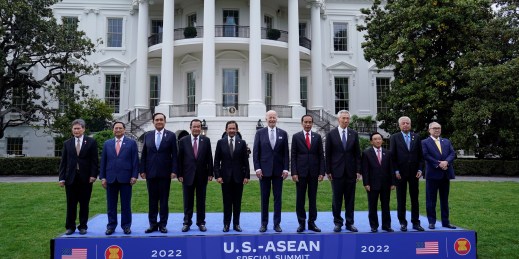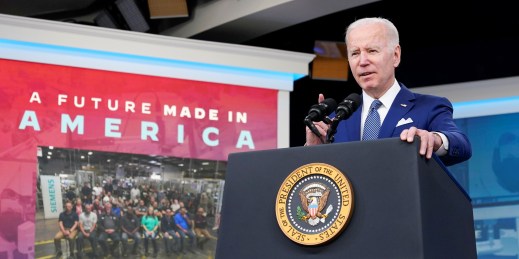
As U.S. officials focus on countering China and Russia, Washington’s policy community is taking a new look at U.S. relations with the Global South. The fact that these conversations are taking place is encouraging, but the questions they focus on also demonstrate how little U.S. leaders understand about the Global South.


